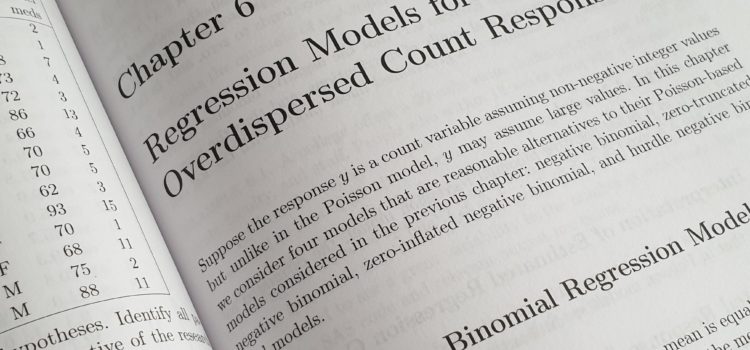Are your reading skills lacking? How can you be a better reader? Reading is an important skill that people of all ages need. Don’t worry if your literary skills aren’t up to par—we have plenty of tips that’ll help you get the most out of your reading time. Learn how to be a better reader and why picking up a book every once in a while is worth your time.
How to Be a Better Reader and Improve Your Literary Skills










